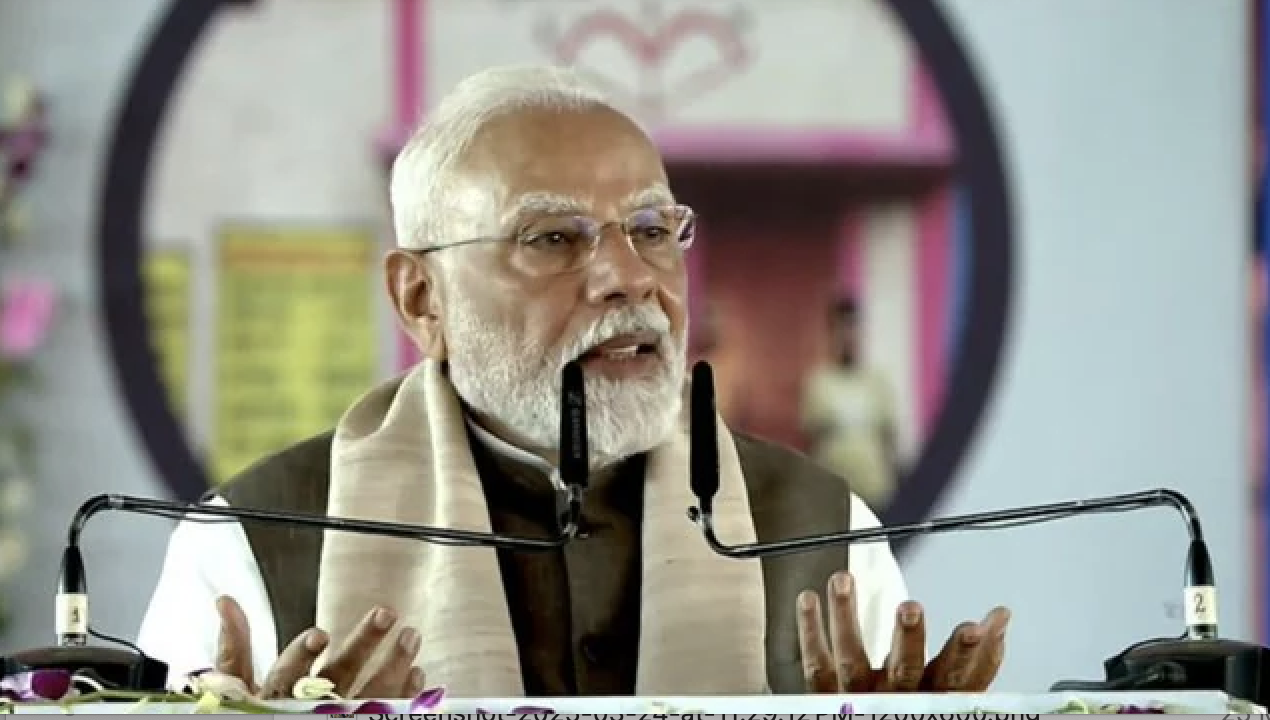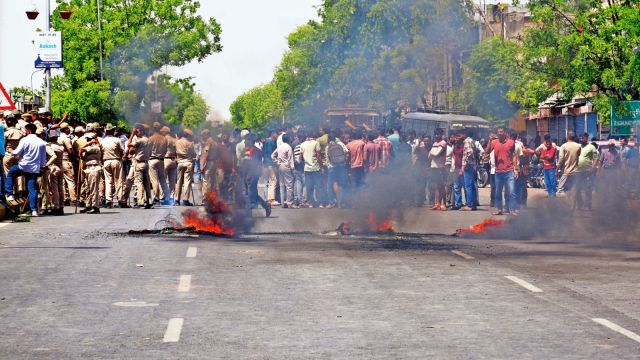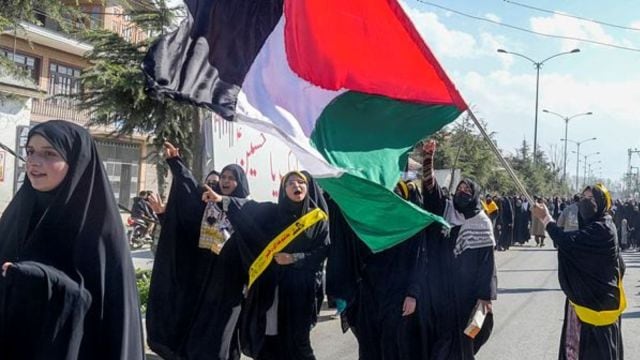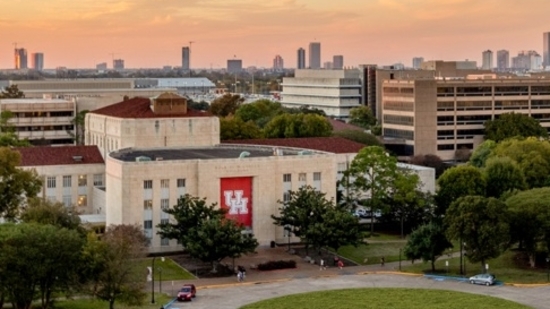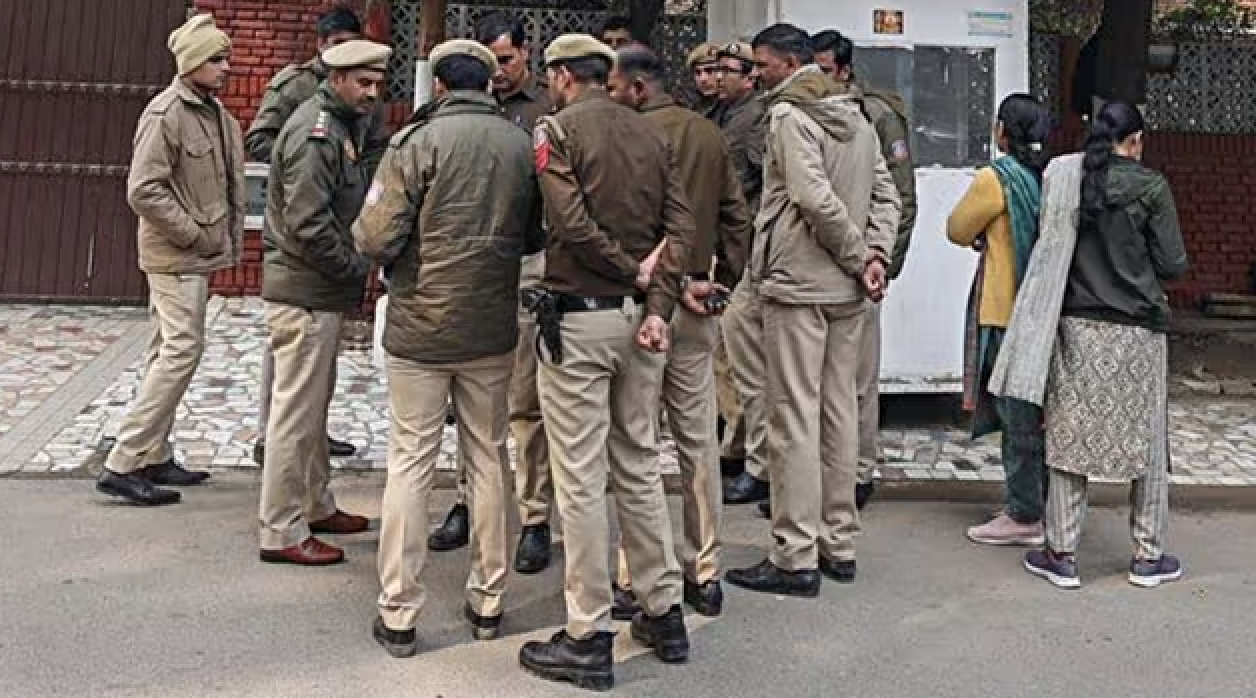
An expansion of the “deep-vetting” process for government job aspirants in Jammu and Kashmir by security agencies is likely to impact over 50,000 families.
In an interview with news agency PTI on Sunday, Union Home Minister Amit Shah announced a fresh policy “to ensure no relative of a militant or a stone-pelter gets a government job in the Union Territory (UT)“. Regional parties in Kashmir have slammed the move, claiming that it would further alienate Kashmiri youth.
The security agencies have been working on “a vertical and horizontal model” of police verification in Kashmir. This means that the background check of a job aspirant is being expanded from immediate family members to other close relatives, on both the maternal and paternal sides. This is aimed at finding any possible link to a militant family member or a stone-thrower. Earlier, only the credentials of the job aspirant herself would be verified by security agencies at the time of recruitment into government departments.
Past rehabilitation policies
The Union Home Minister’s latest policy overturns the three previous government rehabilitation policies for former militants which were rolled out in J&K in 1995, 2004, and 2010. These policies entailed monetary incentives to surrendered militants, which included a cash deposit of ₹1.5 lakh and stipends of ₹1,800 per month.
One conservative official estimate suggested that at least 4,081 militants surrendered between 1995 and 2013, mostly under these rehabilitation policies.
A policy was also drafted for 4,000 Kashmiris who were suspected of exfiltrating in the 1990s into Pakistan Occupied Kashmir (POK) for arms training. Such a rehabilitation policy managed to clear 219 cases of militants living in PoK in 2010, where they were given a chance to return to Kashmir through multiple entry points, mainly Nepal.
The Omar Abdullah-led State government at that time had received 1,082 applications from the youth “stuck in PoK who intended to return”, between 2010 and 2012. At least 210 surrendered militants availed monetary benefits from the government, official figures suggested.
Thousands affected
Official figures suggest there are at least 30,000 families in Kashmir whose kin are or were militants, given that 22,000 militants have been killed in encounters with security forces since 1990, while over 4,000 militants live in PoK and there are another 4,000 surrendered militants.
The Union Minister’s new policy is also likely to impact the families of thousands of street protesters or stone-throwers who have been booked under several cases since 2008, when violence erupted over the Amarnath land row. In 2009, there were violent street protests over the alleged rape and murder of two women in Shopian; in 2010, over civilian killings; in 2013, over the hanging of Parliament attack convict Afzal Guru; and in 2016, over the killing of Hizbul Mujahideen ‘commander’ Burhan Wani.
Official figures suggest that 1,733 cases of stone pelting and “waging war against the State” were lodged against 9,166 youth in Kashmir from January 2009 to 2014. The street violence that followed the killing of Wani in 2016 saw the government lodging 3,773 cases in 2016 and 2017, and arresting at least 11,290 youth. At least 4,949 people were identified as those who resorted to stone-pelting.
The total number of Kashmiri youth facing such cases filed between 2009 and 2017 is over 20,000. However, the J&K government, under Mr. Abdullah’s leadership in 2010 and Mehbooba Mufti’s in 2017, had announced two amnesty policies for such youth, mainly first-time offenders, and decided to withdraw cases against hundreds of them.
‘Punishing youth’
“Collective punishment for innocent family members will only lead to further discrimination, dehumanisation and alienation of the youth. Is this draconian roadmap forward only being implemented to punish the youth? Is it being done to keep Kashmiris away from opportunity?” asked Mr. Abdullah’s son Zahir Abdullah, a lawyer.
Ghulam Hassan Mir, a former Minister and leader of the J&K Apni Party, also questioned the move. “Thousands of instances [are there of people] who were earlier militants or stone pelters, and after realisation, did a tremendous job in nation building. General statement requires a fresh look in view of ground realities,” Mr. Mir said.
Political implications
Mr. Shah’s latest statement on government job policy comes at a time when the detention of youth and the termination of local residents from government jobs due to separatist links have became poll planks for the National Conference, J&K Peoples Conference, Peoples Democratic Party, and J&K Apni Party during the campaigning for Kashmir’s three Lok Sabha seats. Most regional parties have promised to end what they described as “FIR-raj and raid-Raj” in Kashmir, if they come to power.
“I think the government should consider the recent turnout as an urge for reconciliation and reintegration and open gates for healing people, and end harsh policies that push people into perpetual violence against the State. Punishing militant families will serve Pakistan more than India,” PDP leader Waheed-ur-Rehman Parra said. READ COMMENTSPRINT
This story was originally published in thehindu.com.


